Best Stem Cell Treatment for Autism in the World
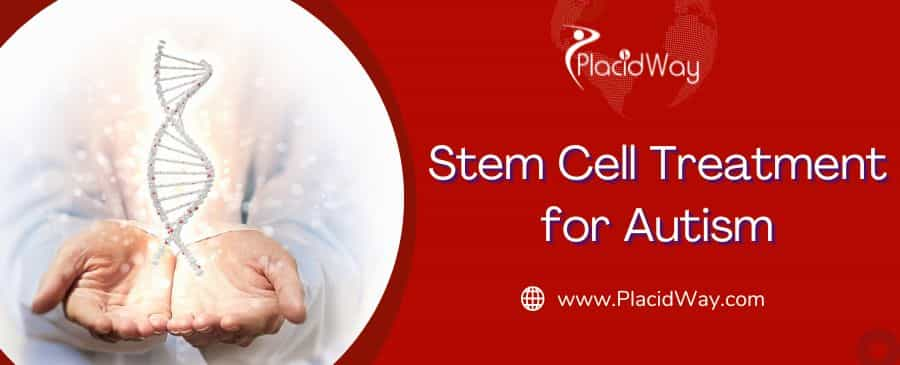
Stem cell therapy uses your body's own cells to help you heal. Doctors think it might be a new way to help people with Autism Spectrum Disorder (ASD). It looks promising, but doctors need to do more research to be sure it's safe and works well. Even though studies are still going on, many clinics offer this treatment. Some even have all-inclusive packages that cover everything you need!
We've put together a list of the top 12 clinics that offer Stem Cell Treatments for Autism Worldwide. You'll find information about what they offer, their doctors, their history of success, and how much it might cost. It's important to talk to your doctor before making any choices about your health or treatment.
How much does Stem Cell Therapy Cost for Autism?
Stem cell therapy might be a new way to help people with autism. Many families are interested in trying it. The therapy uses stem cells to try and heal the brain and help it work better. But, the Stem Cell Therapy for Autistic Child Cost can be different in different countries. Things like the clinic's reputation, the type of stem cells used, and the treatment plan all affect the price.
|
Packages |
Cost in USD |
|
$4,300 |
|
|
$5,500 |
|
|
$9,800 |
|
|
$5,100 |
|
|
$11,000 |
|
|
Stem Cell Therapy for Autism in Vienna, Austria |
$13,800 |
Note: Prices can change depending on what you need and your health.
What's Included in the Stem Cell Treatment for Autism Package?
These things are included to keep you safe and take good care of you during your treatment.
Who might not be able to get Stem Cell Treatment for Autism?
Tests You Need Before Stem Cell Treatment for Autism
These tests help make sure that stem cell therapy is safe and might help people with autism.
Best Stem Cell Clinics for Autism in Mexico
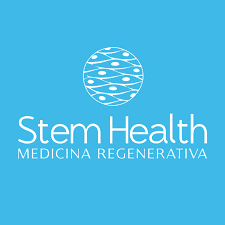
Stem Health Clinic
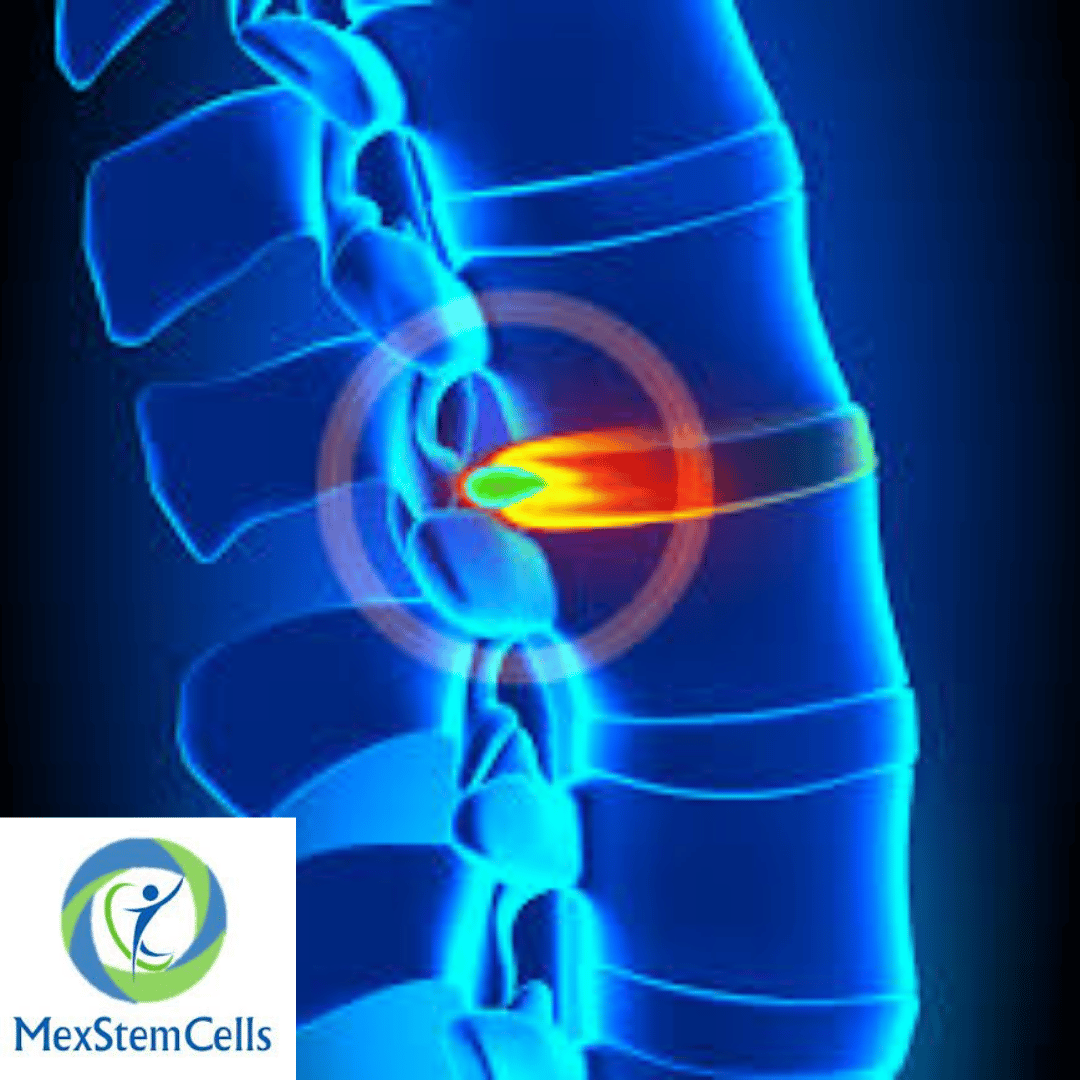
MexStemCells Clinic

Progencell - Stem Cell Therapies
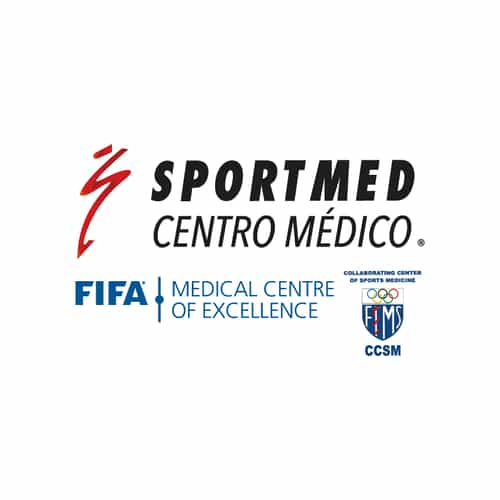
SPORTMED
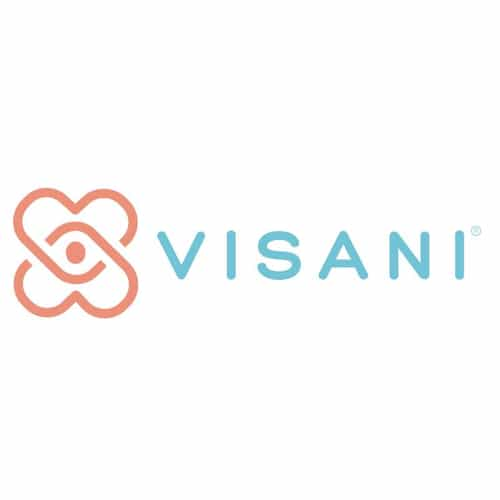
Visani Stem Cell Clinic
Best Stem Cell Clinics for Autism in Colombia

Alevy

Regencord
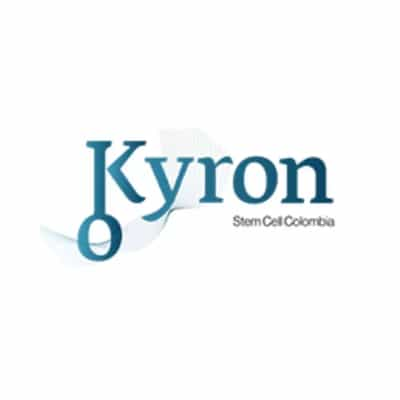
Stem Cell Kyron
Best Stem Cell Clinics for Autism in Thailand

Vega Stem Cell Clinic
Best Stem Cell Clinics for Autism in Austria
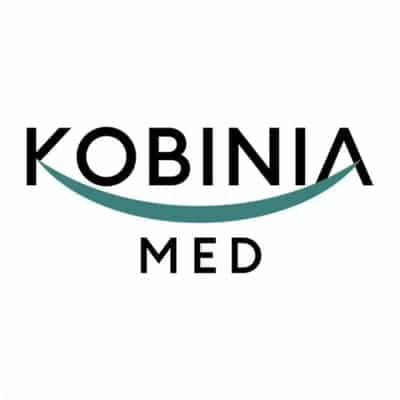
Kobinia Med
Best Stem Cell Clinics for Autism in India
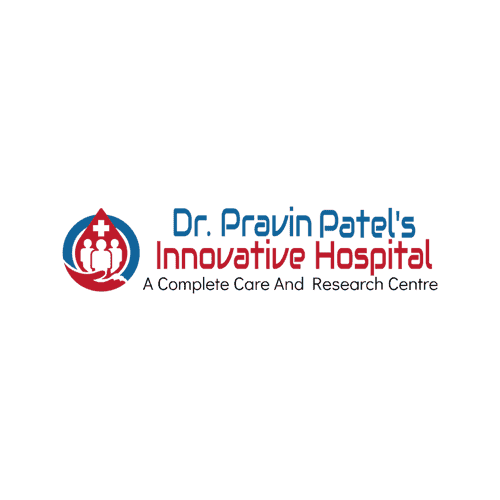
Dr. Pravin Patel Innovative Hospital
Best Stem Cell Clinics for Autism in Malaysia
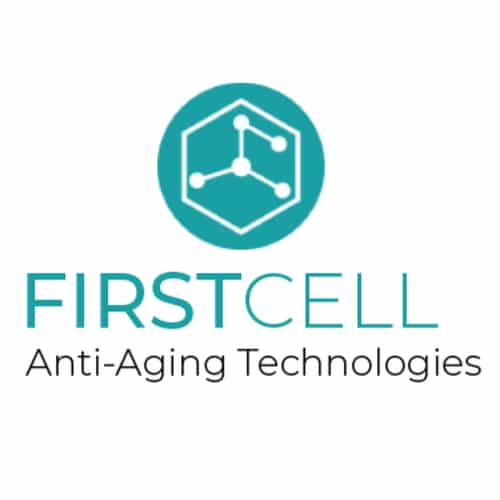
FirstCell Malaysia
Stem Cell Therapy for Autism: Hope, Hype, or Help? What Parents Need to Know
Are you exploring every possible option to support your autistic child? It's natural for parents to look towards new frontiers in medicine, and perhaps you've heard about Autism Stem Cell Treatment. The idea of using stem cells to potentially help with autism symptoms sounds promising, even exciting.
But what does the science actually say? Is it a safe and effective option right now, or is it still mostly hope and hype? This guide walks you through everything parents should understand about stem cell therapy for autism – the science, the research, the risks, and the reality. Let's explore this complex topic together so you can make informed decisions for your family.
First, What Exactly is Autism Spectrum Disorder (ASD)?
Before diving into treatments, let's quickly understand Autism Spectrum Disorder (ASD). It's not a disease, but a different way the brain develops. This difference affects how a person interacts with others, communicates, and experiences the world.
You might notice variations in:
It's called a "spectrum" because autism looks different in everyone. Some autistic individuals may need significant support in their daily lives, while others might need less. Every autistic person has unique strengths and challenges.
What is Stem Cell Therapy, Anyway?
Think of stem cells as the body's "master cells" or "building blocks." They are special because they have two key abilities:
Stem cell therapy uses these unique cells to try and repair, replace, or heal damaged tissues in the body. The hope is that these cells can go where they are needed and help restore function. It’s a fascinating area of medicine being explored for many conditions, from heart disease to neurological disorders.
How Might Stem Cells Help with Autism?
This is where things get complex and, importantly, still theoretical for autism. Researchers are exploring a few main ideas about how Autism Stem Cell Treatment might work:
Crucially, these are still hypotheses being tested in clinical trials. We don't yet have solid proof that stem cells consistently achieve these effects for autism in humans.
What Types of Stem Cells Are Used in Autism Research?
Not all stem cells are the same. In autism clinical trials, researchers have mainly focused on two types:
Mesenchymal Stem Cells (MSCs):
Umbilical Cord Blood Cells:
This is the blood left in the umbilical cord and placenta after a baby is born. It's a rich source of various stem and progenitor cells.
Cord blood is often used because it's relatively easy to collect and store (if banked at birth), and it's generally considered safe, especially if using the child's own cord blood (autologous). Sometimes, donor cord blood (allogeneic) is used.
What Does the Future Hold for Autism Stem Cell Treatment?
Research is ongoing. Scientists are working hard to:
While there's cautious hope that stem cell research might one day lead to new therapeutic options, we are not there yet. It remains an experimental approach.
Stem Cell Therapy for Autism Success Story
Frequently Asked Questions (FAQs)
Here are answers to some common questions parents have:
Ready to Explore Options? What's the Takeaway?
Navigating the world of potential autism therapies can feel overwhelming. While the idea of Autism Stem Cell Treatment holds scientific interest, it's vital for parents to understand the current reality:
Focus your energy and resources on evidence-based therapies and supports recommended by trusted healthcare professionals. These therapies have solid research behind them showing they can help autistic children learn, develop, and thrive.
If you're exploring complex medical decisions or looking for information on established treatment options and reputable providers globally, navigating the healthcare landscape can be challenging. Organizations dedicated to facilitating medical journeys can provide valuable support.
Ready to explore trusted pathways for healthcare needs? Contact PlacidWay today for personalized guidance and information on accessing established, evidence-based medical options worldwide.



.png)






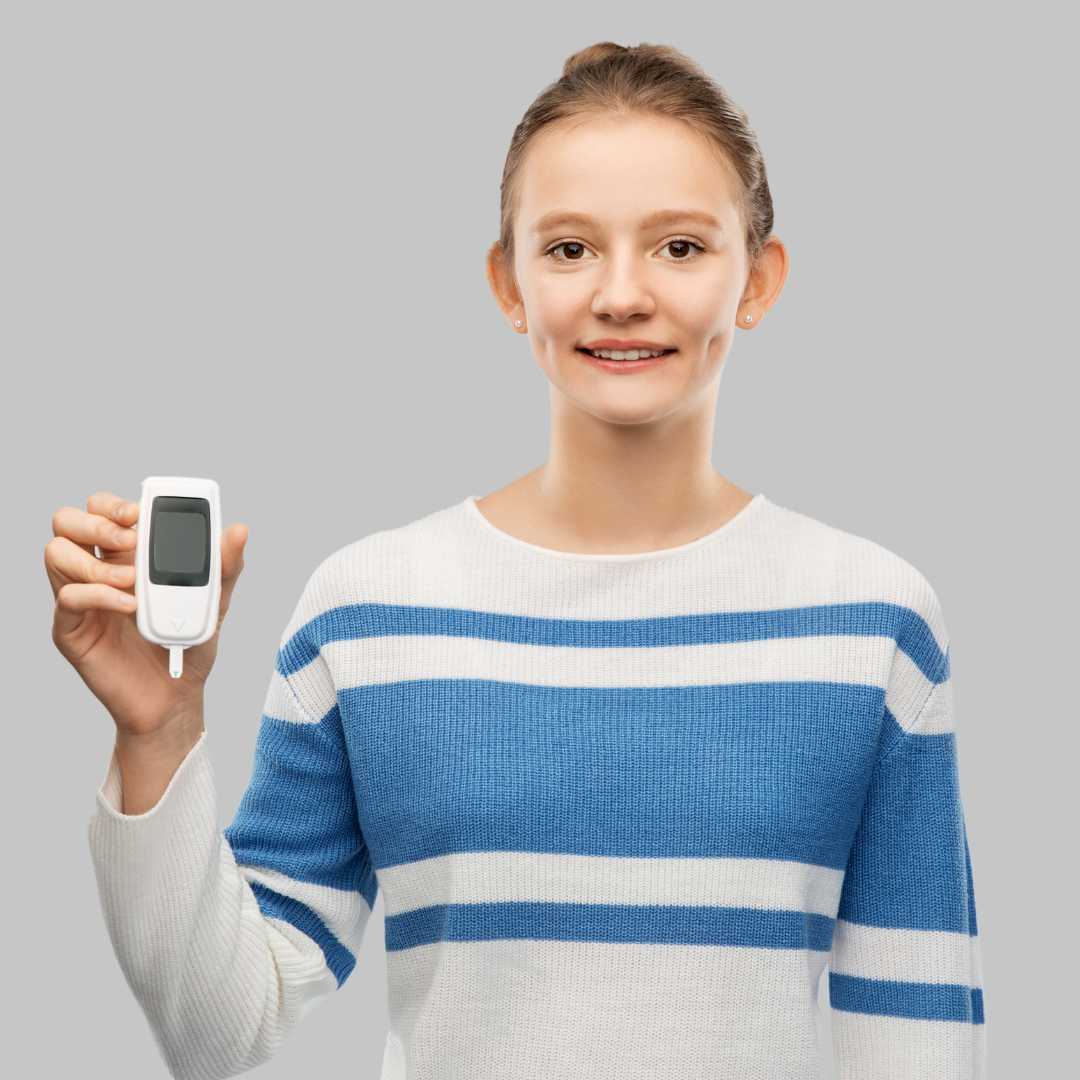


Share this listing